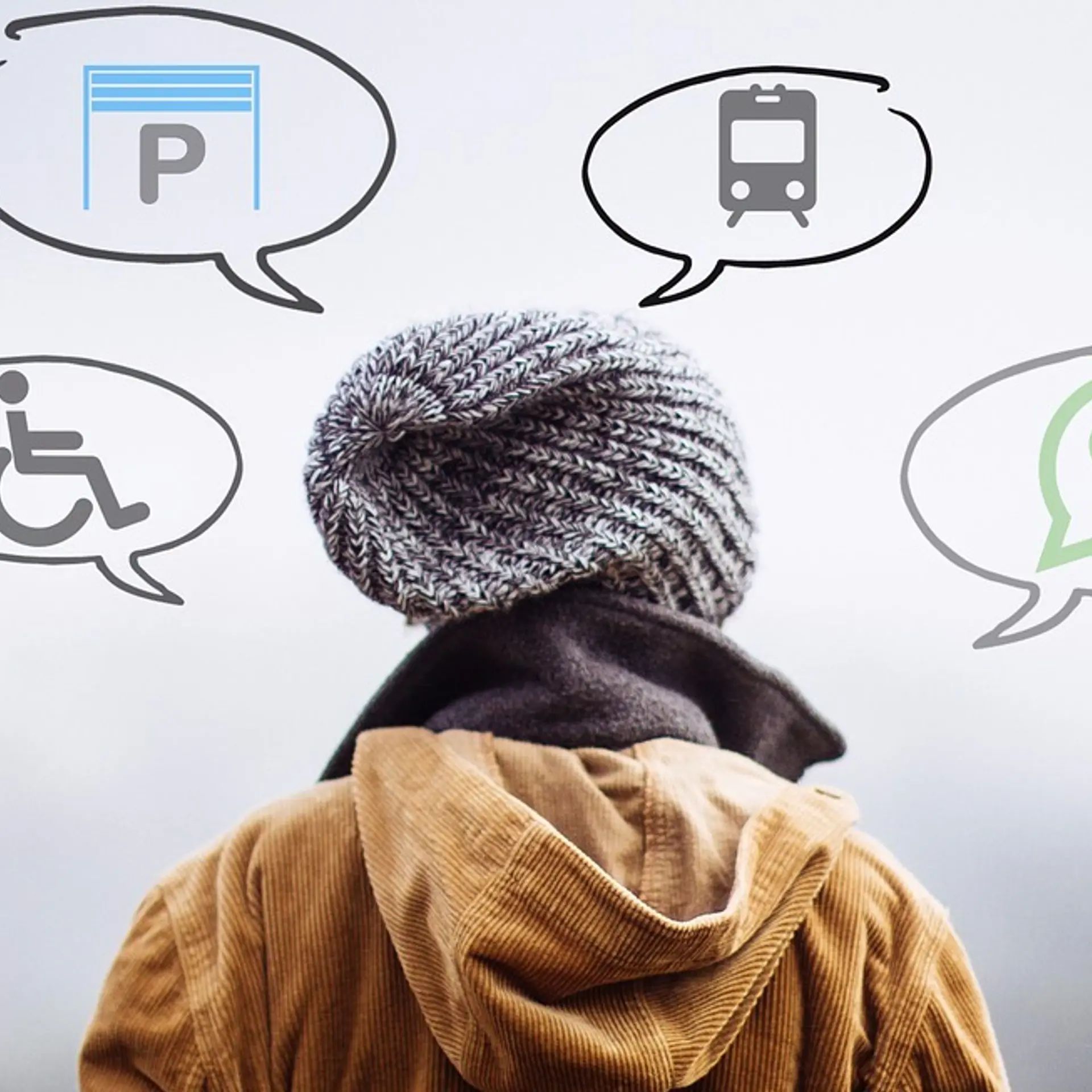

Please read the post below to understand what data science is and how it is being used in the healthcare domain.
What is Data Science?
Data science is the process of extracting meaningful data from heaps of unfiltered and unsorted data which is also called raw data. Data science helps in converting the raw and useless data to filtered, sorted and useful data. Although data science is a major topic and has a wide number of applications, data science has an important role in the field of healthcare.
What is the importance of Data Science in healthcare?
As said above, data science helps in the conversion of raw data to sorted data. This sorted data can help increase the efficiency of doctors and surgeons during operations by suggesting whether a certain group of drugs is beneficial or can cause harm. Data science also helps in disease surveillance by recording and predicting future endemics, pandemics and epidemics that helps doctors and health organizations in research of vaccines against those harmful disease-causing agents. The research on previous patients can be used to predict the future trend of diseases for the patient, which will help doctors and physicians suggest better medicines.
Revolutionary uses of Data Science in healthcare
Data science has helped the healthcare domain immensely since its inception.
The following are a few ways of how data science has helped change the way the healthcare industry works:
· Improved image analysis – By understanding previous results of certain imaging techniques, data science can be used to improve the image quality and help in more accurate interpretation from imaging results like MRI’s, X-rays, computed tomography and mammography tests, and so on. This helps in having a better understanding of the condition of the patient and can help in minimizing the errors caused by doctors and physicians.
· Significant overhaul in drug production – Previously, certain drugs required around 10 to 12 years to be successfully launched in the market after conducting all necessary experiments. Data science has immensely helped in this domain. Using artificial intelligence algorithms and mathematical modeling, almost all the medical experiments can be performed digitally. Thus, the time required for experimenting is immensely reduced.
· Virtual assistance for patients – Nowadays buying medicines has become more simplified. Using mathematical predictions and forecasting, the clinical process has become more efficient and streamlined. The AI-powered mobile applications help bring the doctor to the patient. By suggesting medicines based on previous trends and symptoms, the process of buying medicines has become very easy.
· Predictive medicines – The field of data science has immensely helped in the development of medicines in today's world. By studying past records and through genetic prognosis, the quality of life offered to the patients can be increased. Data science is immensely helpful in the prediction of allergic and harmful drugs based on genetic prognosis. This prognosis is completely patient-based and differs from person to person. This also helps the doctors in predicting the future diseases that the patient might incur.
· Genetics and Genomics – The research in the field of genetics has helped immensely in the field of healthcare. By studying the DNA and how it reacts with certain drugs, allergens can be identified. This will help in a better patient environment and cause a significant reduction in errors due to wrong medicines.
· Increased efficiency in drug research – By using data modeling algorithms and trend forecasting in the field of healthcare, advanced pharmaceutical research in the field of dangerous diseases like Ebola and cancer can be accelerated. Using data modeling, an artificial intelligence startup named AtomWise has recorded over 7000 ways of how the Ebola virus reacts to certain drugs and their combinations.
Vulnerabilities of Data Science
Since data science deals with filtering and sorting of raw data, a lot depends on the accurateness of the data. Since there are tons and tons of data to choose from, not all data can be verified.
Moreover, since the whole process is computerized, there are high chances of malware attacks and virus attacks. Hacking proves to be the most difficult challenge to overcome. The data in its electronic form can be altered thus causing significant errors in prediction.
The research earlier done during drug production has been done away with and has been replaced with digital predictions and research. This also caused several people to lose jobs.
Future of Data Science in healthcare
As rightly said, every coin has two sides. Similarly, even the usage of data science comes with its own shares of benefits and vulnerabilities. The following lists changes that could be seen in the healthcare domain in the years to come:
- Personalized mobile applications help the patient contact the doctor without visiting the doctor. Based on certain symptoms and past trends, the application can recommend the patient to a certain doctor and can also prescribe drugs.
- Improved drug prediction – The drug prescribed by the doctors may not always be the right choice. Using genetic data and prognosis data science can help in the elimination of harmful drugs for a specific person. Thus, errors caused due to imperfect drugs can be alleviated.
- Data science has revolutionized the current world and how it works. It has already seen vast modifications and research in the field of healthcare. It also has certain vulnerabilities that can't be looked away from. Thus, data science itself isn't good or bad; it is how we use it that defines the positive or negative effects.





